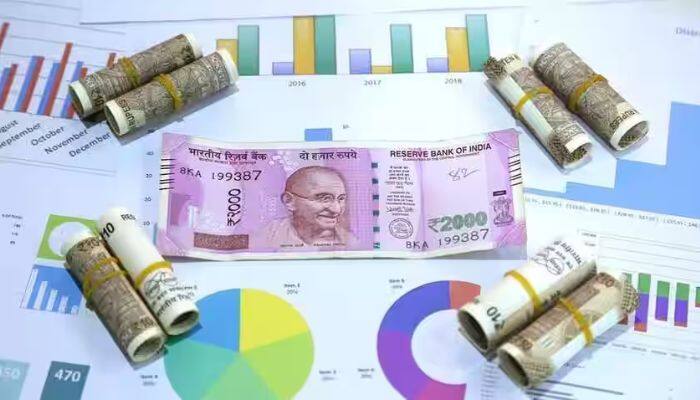Tax-Saving Investment Options: Check out These 5 Schemes With High Return
)
In order to promote long-term savings and to make some of them more alluring to investors, the government developed Post Office plans. Many easy-to-open, efficient, and safe investing choices are provided by India Post. You can pick the strategy that most closely matches your investment goals. These programmes also provide tax advantages in accordance with Section 80C of the Income Tax Act of 1961. The post office offers a number of these tax-advantaged programmes, including NSC, SCSS, SSY, and PPF.

An example of a financial product is a public provident fund, which enables its user to build up an amount of money large enough to be paid at maturity together with interest. The PPF now offers an annual compound interest rate of 7.1%. According to Section 80C of the IT Act, contributions made to the PPF scheme up to a maximum of Rs. 1.5 lakhs, interest earned on those deposits, and maturity sums are all tax-free. As a result, the PPF programme delivers a triple tax benefit.
Sukanya Samriddhi Yojana

A girl kid under the age of 10 may open a Sukanya Samriddhi Yojana account in her name. After the daughter reaches the age of 18, she will become the account's owner. More accounts could be formed for twins, triplets, or more when a girl gives birth. This plan currently has an interest rate of 7.6%. The scheme requires a minimum initial deposit of Rs 250 and a maximum of Rs 1,50,000 each fiscal year. In addition to financial savings, this plan provides tax exemption under Section 80C of the Income Tax Act of 1961.
Senior Citizen Saving Schemes

Investments in this plan are open to anyone 60 years of age or older. This plan is available to retirees who are over 55 but under 60 as long as they invest within a month of receiving retirement payments. The investment thresholds are set at Rs 1,000 and Rs 15 lakh, respectively. As it reaches maturity, its initial five-year term is extended for an additional three years. For deposits made during the quarter of January through December, the Senior Citizen Savings Plan gives an interest rate of 8% per year. The interest is fully taxed and is due every quarter. As the plan matures, there is no interest offered. The interest rate also stays the same after the investment is made. Under Section 80C of the Income Tax Act of 1961, senior citizens may deduct their investments in this plan from their taxes.
Post Office Time Deposit Account

The Post Office Time Deposit is also known as the National Savings Time Deposit Account offered by India Post. They are quite comparable to bank fixed deposits and have a range of tenures. Interest rates for small savings programmes, like Post Office time deposits, are revised every three months. There is no maximum investment; the minimum is Rs 1000. The annual interest will be credited to the account holder's savings account.
The investment made under the 5-year TD is subject to the provisions of Section 80C of the Income Tax Act of 1961. This quarter's interest rate for a 5-year term deposit is 7%.
National Saving Certificate (NSC)

Investments should be made in multiples of Rs. 100 for a minimum of Rs. 1,000. There is no maximum amount. The account will expire five years from the contribution date. By getting a bank to pledge their investment, an NSC investor can also get loan financing. For instance, the National Savings System offers a guaranteed return on the NSC at a rate of 7% percent. A consistent income for the investor is ensured by the annual fixed interest that is regularly provided by the NSC. In accordance with section 80C of the Income Tax Act of 1961, the deposit is deductible.
Trending Photos








